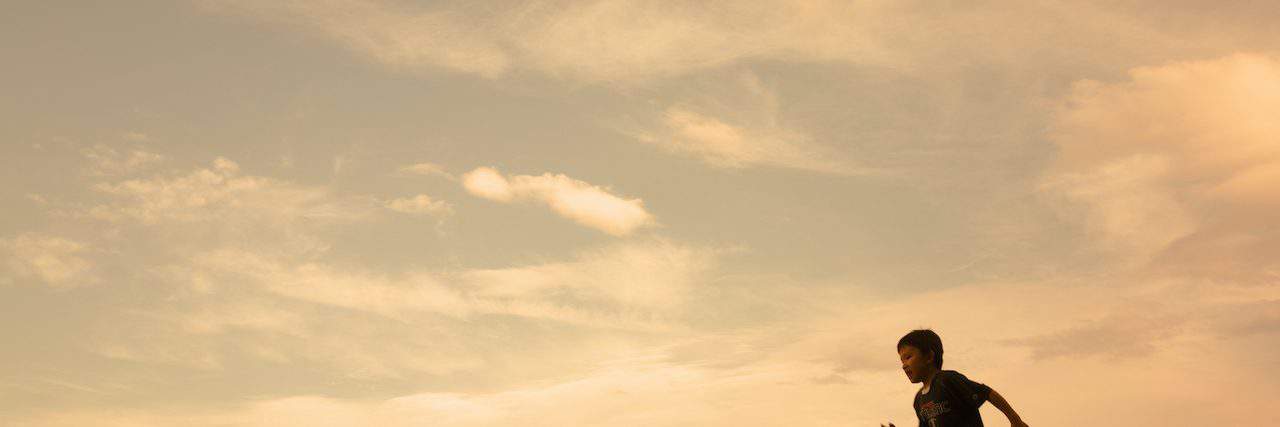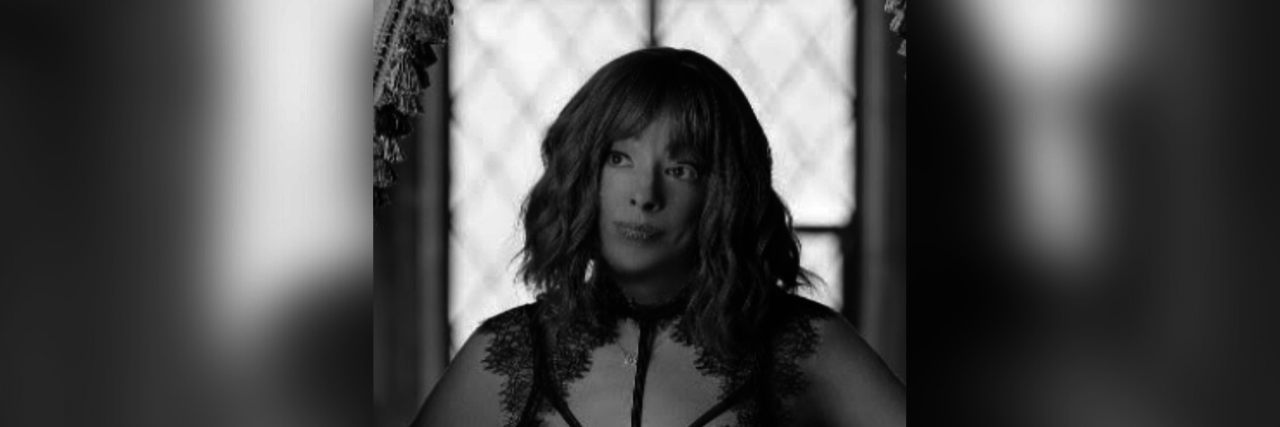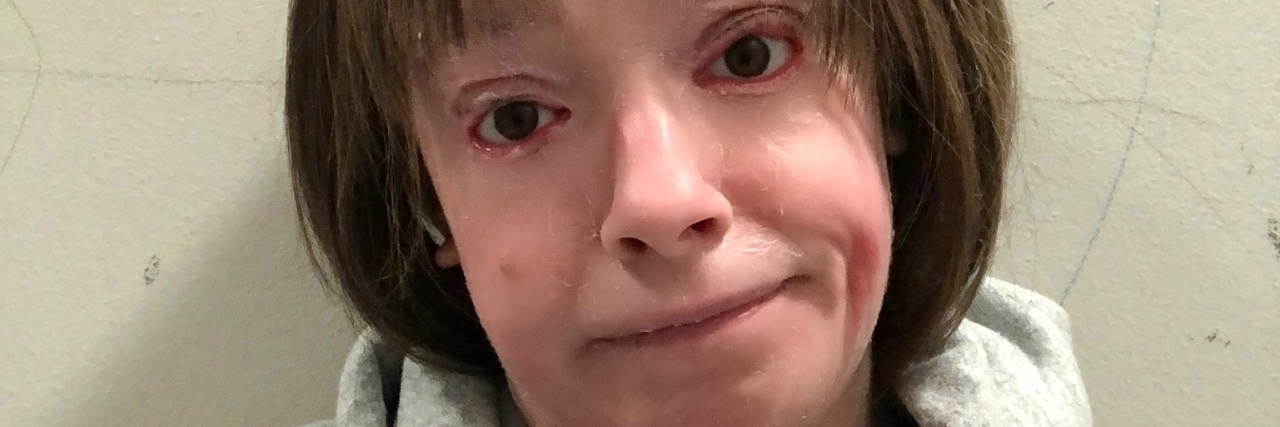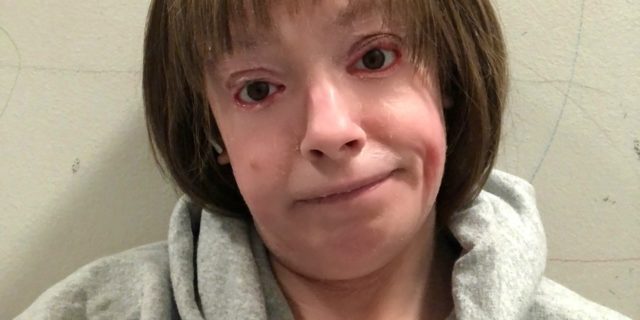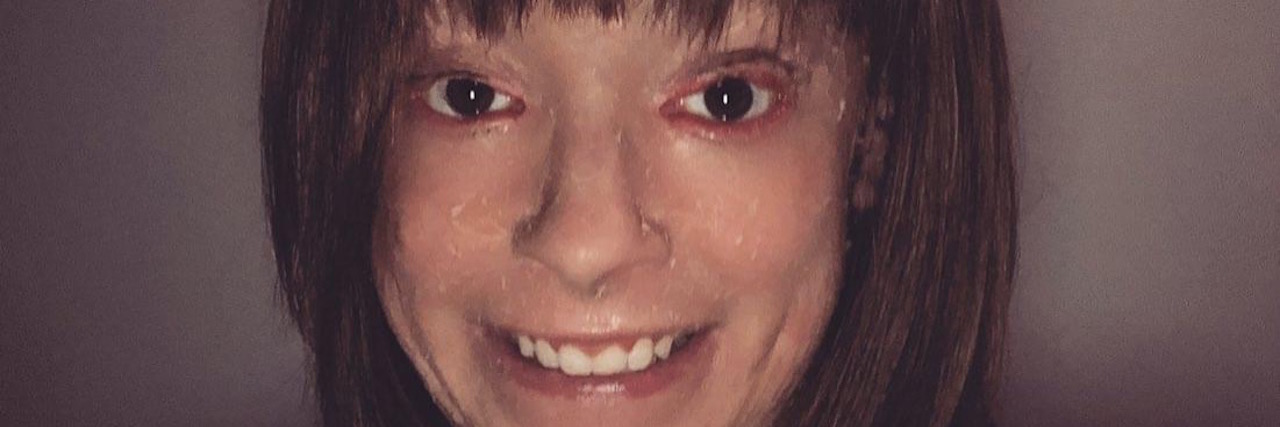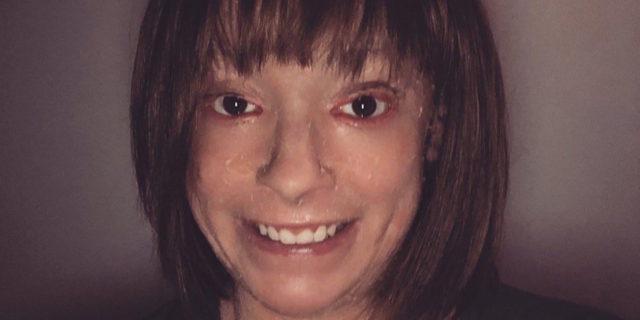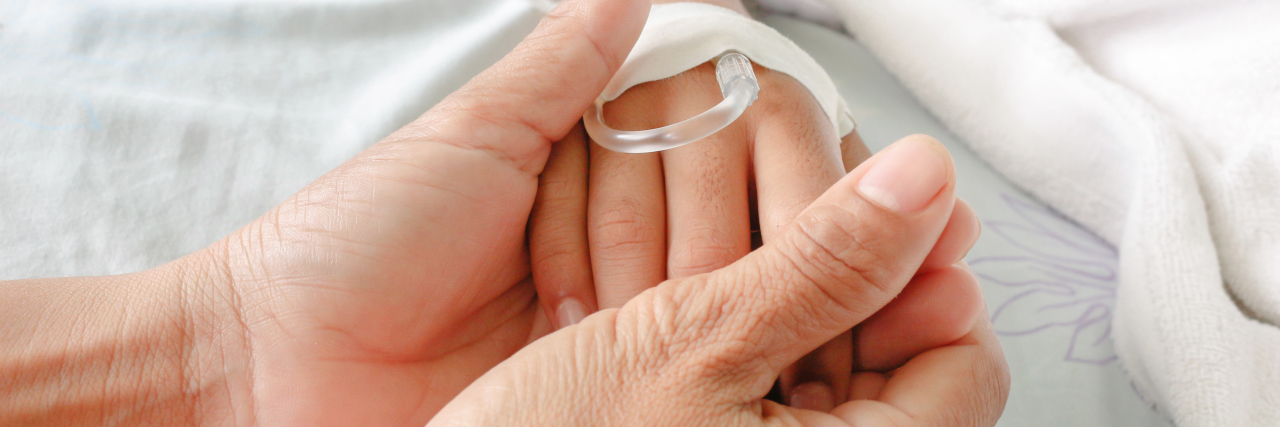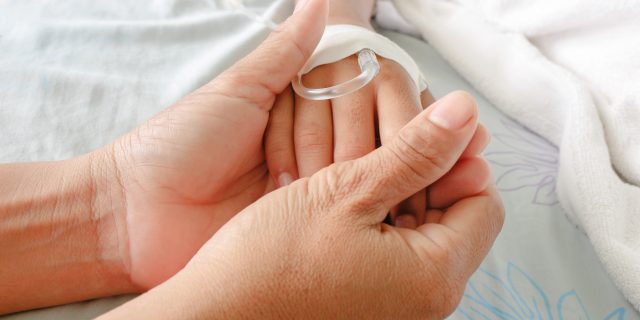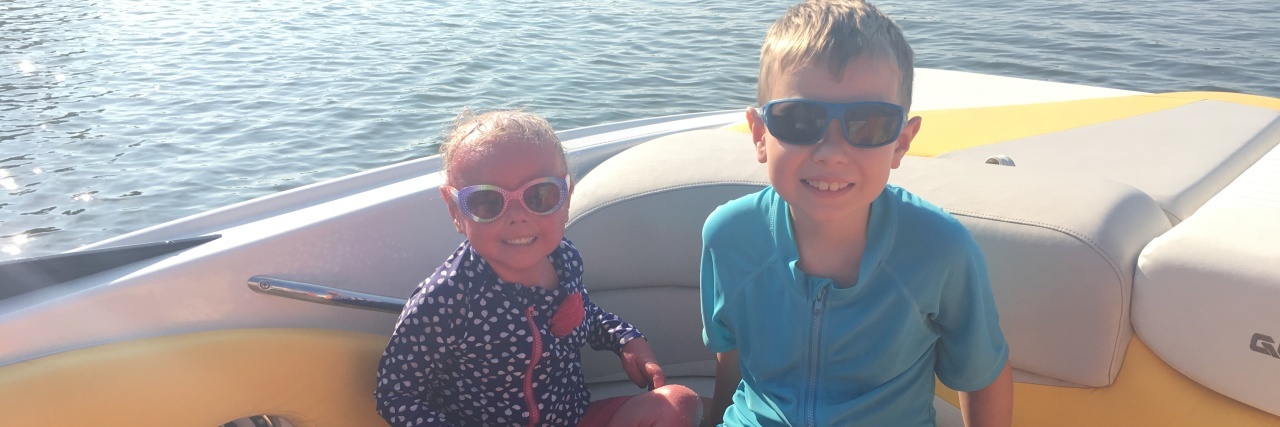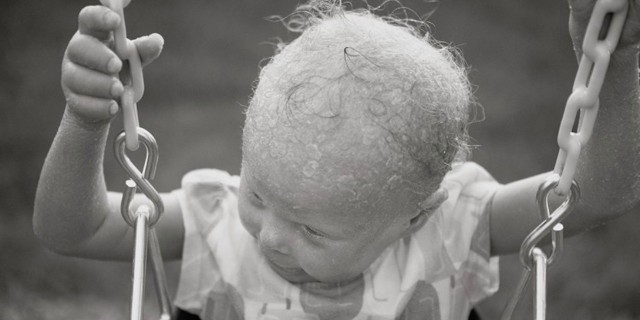Visible Disability
Every time you climb up a set of stairs, do you think about a person in a wheelchair? Okay, let’s take another step back, are you grateful that your body functions the way it does? Well then, you have the privilege of being able-bodied. This is not to say the people with disabilities are ungrateful about the way their body functions, it’s just to point out that you, as an able-bodied person, don’t have to think about taking a longer route if the shorter one involves a simple step or is steeper than what is considered wheelchair accessible.
I was watching a ted talk from a Stella Young, and honestly, the way she described ‘inspiration porn’ is often time how I have looked at disability. At the end of her talk, she says something that strikes a chord with me and I’m sure many others. She says, “I want to live in a world where we don’t have such low expectations of disabled people that we are congratulated for getting out of bed and remembering our own names in the morning.” When I first watched the talk, I focused on the words ‘genuine achievement’ and I was wondering what a genuine achievement is. But, after watching the same talk now 3 times, I focus on the words, low expectations. Is it true that we, as able-bodied people, look at disabled people (those who are visibly disabled in particular) and don’t expect anything from them? Does that also mean that we are constantly in a state of expectations from people we see walking around?
I think it is safe to assume that if I see a person who looks able bodied and someone in a wheelchair, I would expect the able bodied one to push me away from oncoming traffic while I would just think of the disabled person as being brave because they were outside. That is okay though. It is realistic to expect an able bodied person to do a little heavy lifting and it is okay to be happy to see someone living their life despite the issues they have had to overcome. I think what is not fair is that these issues are there, to begin with. I know how much I prefer taking the elevator, but, that’s just me being unhealthy.
Invisible Disability
Okay now that I have talked a lot about wheelchairs and functioning with a disability, let’s talk a little bit more about autism as well as an invisible disability.
The medical diagnosis of autism is called the ASD or ASD. It is called a spectrum because there is a large variety of symptoms. In the DSM 5, the diagnosis is done mainly by observing a person. ASD symptoms include repetitive behavior, being more sensitive to stimuli, being unable to understand other people’s actions and more. None of this sounds like something the society would consider a benefit and call it bringing in diversity. The diverse part isn’t in the problems that they face though, it is in the amazing skills that they bring! People who have a functioning level of autism where their symptoms are limited, they are some of the smartest people seen in the fields of science, arts, and mathematics. They are also extremely strong visual and auditory learners.
When we look past differences and issues, we see the beauty of their actions. Disabled people have managed to make disability secondary in their life and as Steall says, “Use their body to its full capacity’.
This brings me to another story I recently had the privilege of listening to, the story of Nisha, a girl with ichthyosis. Her story was featured on My Indian Life a podcast from BBC World Service. This is one story that comes to me as inspiration and not because Nisha decides to live with her ichthyosis but because she has cracked the code of being happy regardless of the kind of discrimination she has had to suffer from. Honestly, I am yet to achieve that level of happiness and satisfaction.
There are hundreds and thousands of stories of disabled people doing things just the way able people function. But that is the problem, we often get into us and them argument which only works to hurt the diversity of our community. It is about how we can work together to make the world an equitable place to live in not just for people who have to live with disabilities right now but also for people who will be born with a disability.
Let’s start valuing what people have to bring to our effort of making the world a better place instead of objectifying them to make ourselves feel better.
